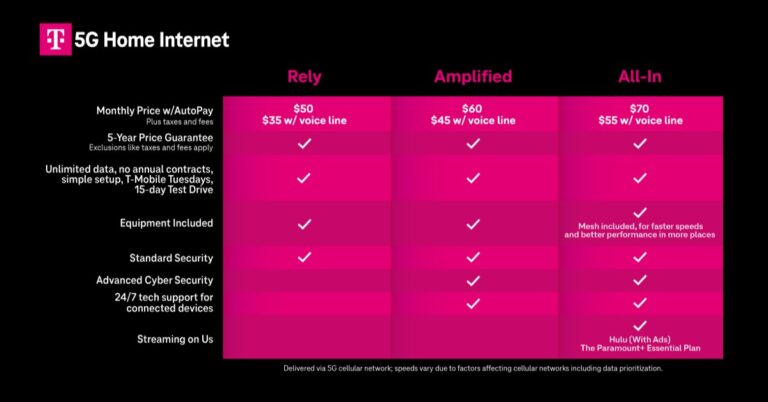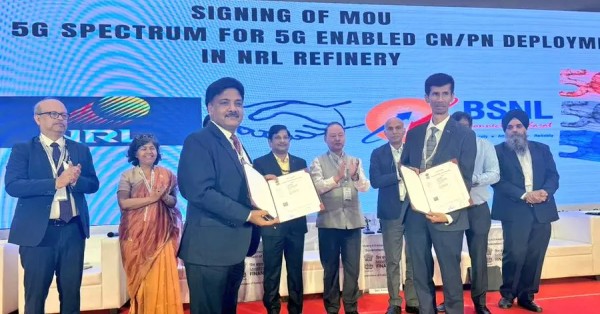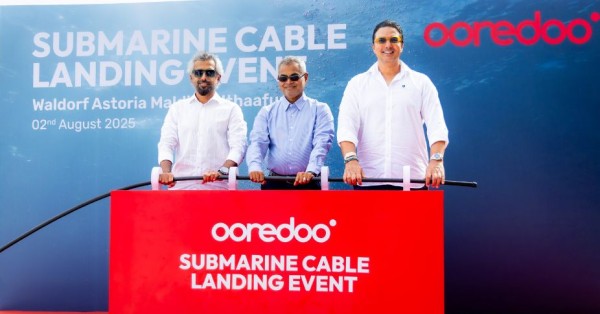Vodafone Idea has acquired spectrum in 3300MHz and 26GHz 5G bands to roll out 5G services to its customers and strengthen its enterprise offerings.
It has acquired an additional 4G spectrum acquisition in 3 circles of Andhra Pradesh, Karnataka, and Punjab which will further improve the customer experience. Vodafone Idea, bid along expected lines for spectrum amounting to Rs 18, 799 crores, according to information from the government.
“We actively participated in the spectrum auction to strengthen our pan-India 4G footprint and embark on our 5G roll-out journey in the country in line with our long-term vision. We have successfully acquired mid-band 5G spectrum (3300 MHz band) in our 17 priority circles and mmWave 5G spectrum (26 GHz band) in 16 circles,” Vi said in a statement.
It will continue collaborating with enterprise customers and partners to prioritize and develop 5G use cases for real-world deployments.
“We also have the advantage of leveraging the global experience of Vodafone Group which has proven expertise in deploying 5G in many markets. We will continue to invest in our future-ready network to upgrade it for roll out of 5G services to our customers in future,” Vodafone Idea said.
































